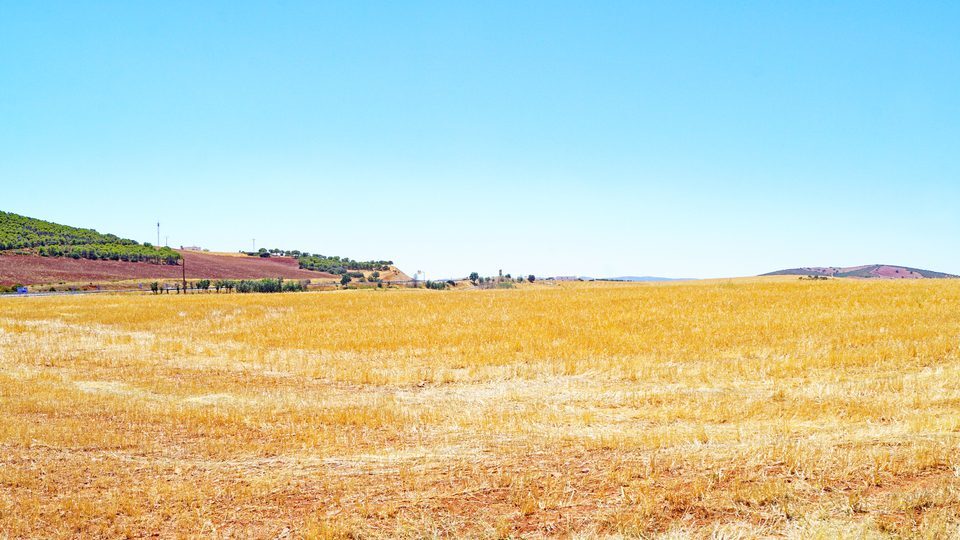
Fallow farmland in Puerto Lapice, Castilla La Mancha, Spain.
A change of heart by progressive members of the EPP helped carry the day for the controversial Nature Restoration Law (NRL), which was adopted by the European Parliament by a margin of 12 votes at a plenary session in Strasbourg on Wednesday, July 12th.
An EPP-led challenge to send the NRL back to the Commission for reconsideration, perhaps until after the 2024 elections, was defeated 324 to 312 votes in perhaps the tensest session of the European Parliament in recent years.
✅ Yes! We pushed back EPP’s boycott of the #NatureRestorationLaw ✊
— S&D Group (@TheProgressives) July 12, 2023
The majority of MEPs have not been deceived by EPP's half-truths. The misleading tactics of Manfred Weber have failed. The 🇪🇺 Parliament must seize this chance to stand up for nature and biodiversity. pic.twitter.com/4XWx34cpzD
The NRL mandates that 20% of the land in the EU should be restored to nature by 2030 and has evoked the ire of conservative and populist lawmakers alike as even the normally compliant EPP viewed it as a step too far for the green agenda.
Last month, the EPP’s rejection of the NRL led to friction with the left amid accusations that the conservatives were betraying the green agenda for the sake of populist votes after the NRL was frustrated at the committee stage.
After Parliament’s approval, the NRL will now head to the Council for final tweaking ahead of enactment, where it may yet cause a stir from conservative administrations anxious to protect their national agricultural interests and secure amendments.
Before today’s vote, it looked like the EPP had done enough to secure a working majority to defeat the NRL in what was an unusual alliance with populist and conservative parliamentary factions in the ECR and ID group. However, that unity began to falter as EPP MEPs from the Irish and Finnish delegations voiced their support for the NRL despite pressure from their native agricultural lobbies.
The EPP had argued that the NRL, which is aimed at preventing a collapse of biodiversity, would cripple European farming and only open the door to populist uprisings as in the Netherlands, which saw the rapid rise of the Dutch Farmers Party (BBB) earlier this year. Unusually, 27 Renew MEPs rebelled against their party to oppose the NRL along with conservatives.
Today’s defeat is seen as a massive personal blow for EPP President Manfred Weber, who has attempted to shift the EPP to the right ahead of next year’s European elections where the group is expected to rely more on right-wing factions to pass its agenda. The entire legislative process regarding the NRL has exposed internal feuding within and without the EPP, as it was accused of pandering to the populist right and agricultural lobbyists in opposing a keystone piece of EU green legislation.
Previously, the EPP has largely stood by progressives in passing other pieces of green legislation, including plans to ban the sale of new combustion engines in the EU after 2035. Many, quietly on the Right and explicitly on the Left, say that its opposition to the NRL was largely cynical posturing.
In a statement released after today’s vote, the conservative ECR group, which is rumoured to want to enter into a coalition with the EPP after 2024, said that the European Parliament had voted to prioritise nature ahead of the demands of society by passing the NRL. It is feared that the NRL will increase Europe’s dependence on foreign food imports. Farmers in Cyprus took to the streets in June protesting that 79% of the land would be unfarmable because of the legislation
The parliamentary agenda has been dominated by green issues since 2019. As the vote so clearly demonstrated, the alliance of the left and centre, which has secured various pieces of green legislation, is gradually breaking down in the final few months of the Parliamentary session.
